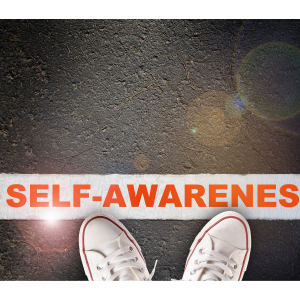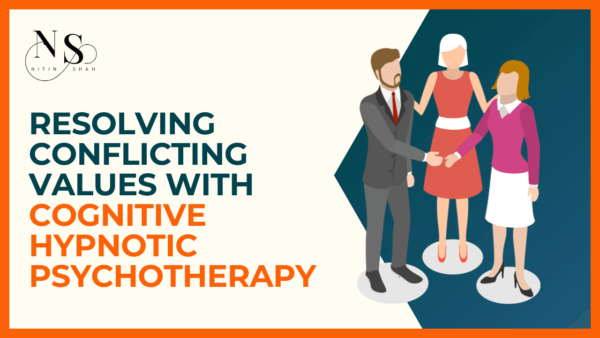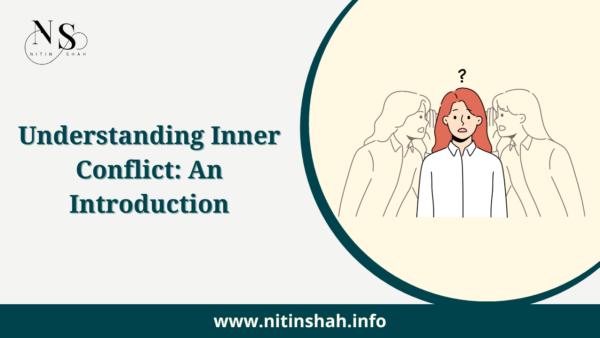Inner conflicts are the intricate battles waged within ourselves, where desires, beliefs, and emotions collide, leaving us torn and impacting our emotional well-being. Resolving these conflicts and nurturing personal growth involves embracing essential principles that serve as guiding lights on the journey to inner peace. Let’s delve deeper into these principles, understanding their nuances and actionable tips for applying them effectively.
Self-Awareness Strategies
Recognizing Inner Conflicts

Imagine you’re in a dimly lit room, stumbling in the dark. The first step to illumination is recognizing that you’re in the room. Similarly, resolving inner conflicts starts with acknowledging their existence. Inner conflicts often manifest as a sense of discomfort, indecision, or emotional turmoil. For instance, you may feel torn between pursuing a creative passion and adhering to societal expectations of a stable career. Recognizing these conflicts is the initial spark that can lead to resolution.
Actionable Tips:
- Dedicate time for introspection regularly.
- Keep a journal to document moments of inner conflict.
- Seek feedback from trusted friends or a therapist to gain external perspectives.
Understanding Triggers and Patterns
Unraveling inner conflicts is akin to detective work. You’re the sleuth investigating the triggers and patterns that fuel these conflicts. Triggers are like switches that ignite inner turmoil. They can be criticism, fear of failure, societal pressure, or past experiences. Patterns are recurring themes or reactions that arise during conflicts. By identifying triggers and patterns, you gain insight into the root causes of your inner conflicts, allowing you to anticipate and navigate them more effectively.
Actionable Tips:
- Keep a trigger journal to log events that provoke inner conflicts.
- Reflect on the recurring themes in your conflicts.
- Engage in deep conversations with yourself or a therapist to uncover underlying triggers and patterns.
Acceptance and Reflection
Embracing Imperfections
Think of yourself as a beautiful garden. Each flower, despite its unique imperfections, contributes to the overall beauty of the garden. Similarly, personal growth entails embracing your imperfections as integral parts of your unique journey. Acceptance doesn’t mean settling for less; it’s a celebration of the mosaic that is you. Understand that imperfections don’t diminish your worth but add to the richness of your character.
Actionable Tips:
- Practice self-compassion by speaking to yourself kindly.
- Challenge negative self-talk by countering it with positive affirmations.
- Surround yourself with supportive individuals who appreciate your uniqueness.
Reflecting on Personal Choices and Behaviors
Reflection is like a mirror that reveals the intricacies of your choices and behaviors. It’s the conscious act of gazing into that mirror to understand yourself better. Take a moment to ponder your decisions—both the positive ones and those that led to challenges. What motivated those choices? Were they in alignment with your values and aspirations? Reflection fosters self-awareness, allowing you to make choices that resonate with your authentic self.
Actionable Tips:
- Set aside time for regular self-reflection.
- Consider keeping a reflection journal to record thoughts and insights.
- Seek feedback from others to gain different perspectives on your choices and behaviors.
Continuous Learning and Adaptation
Seeking Knowledge and Skills

Your mind is a vast library with endless shelves waiting to be filled. Personal growth involves feeding this library with knowledge and skills. Be curious, explore new subjects, acquire new skills, and learn from others’ experiences. This constant quest for knowledge is akin to planting seeds in the fertile soil of your mind, nurturing the growth of wisdom.
Actionable Tips:
- Set aside time for regular reading and self-education.
- Enroll in courses or workshops that align with your interests and goals.
- Engage in meaningful conversations with experts in your field of interest.
Adapting to Changing Circumstances
Life is like a dynamic, ever-changing landscape. Adaptability is the key to navigating its twists and turns successfully. Picture yourself as a resilient tree that bends in the face of strong winds but remains firmly rooted. Adapting to changing circumstances involves flexibility, resilience, and the ability to adjust your sails when faced with unexpected challenges.
Actionable Tips:
- Cultivate a growth mindset by viewing challenges as opportunities for learning.
- Develop resilience through practices like mindfulness and stress management.
- Stay open to change and be willing to modify your plans and strategies when necessary.
In conclusion, the key principles of personal growth for inner conflict resolution offer a roadmap to self-discovery and tranquility. Self-awareness, acceptance, continuous learning, and adaptation are the cornerstones of this transformative journey. Embrace these principles as trusted companions on your voyage, and let them illuminate the path to a more harmonious and fulfilled life.




